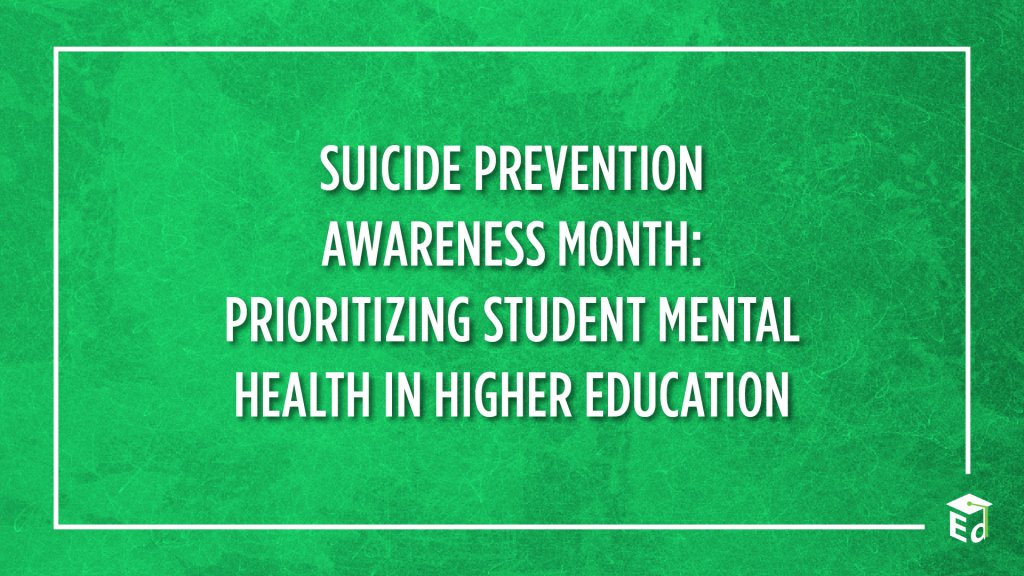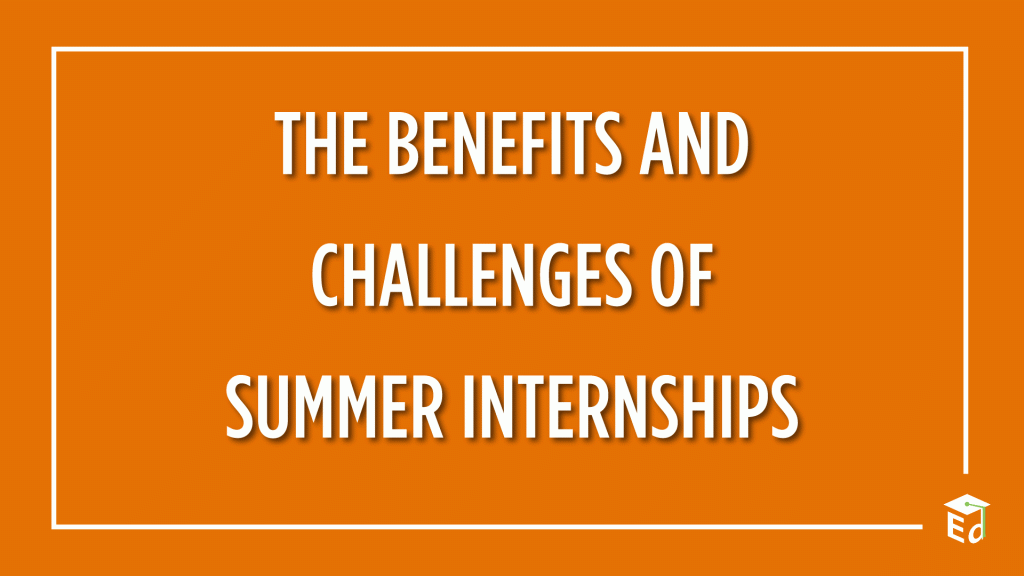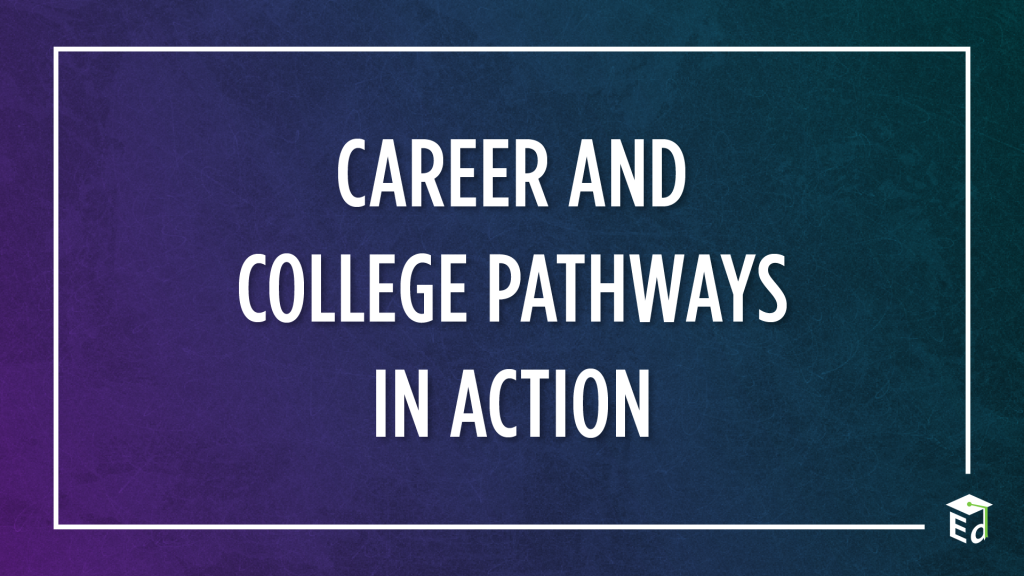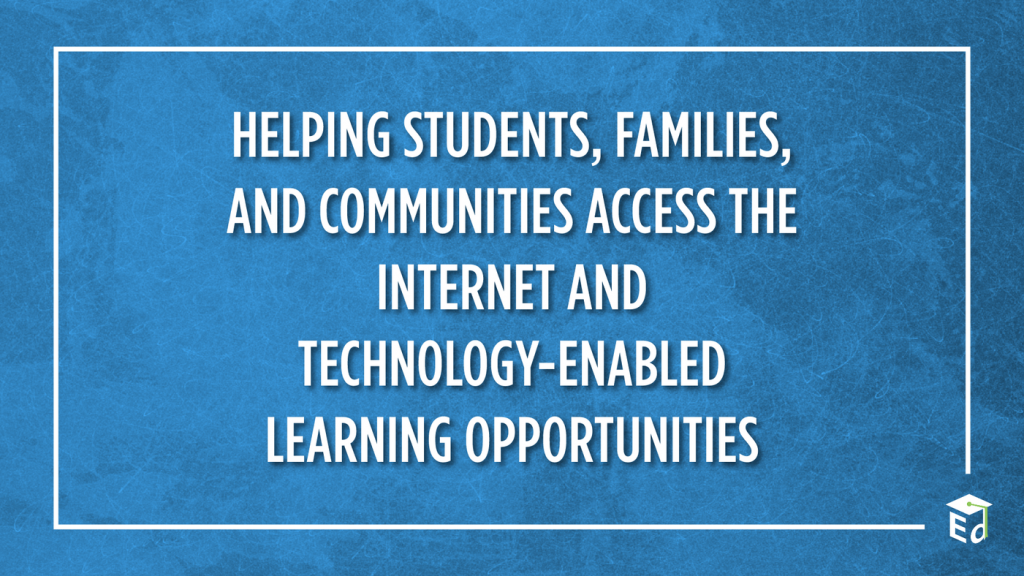
Career and Technical Education (CTE) Month provides a platform to showcase the Native American Career and Technical Education Program (NACTEP), Native Hawaiian Career and Technical Education Program (NHCTEP) and the Tribally Controlled Postsecondary Career and Technical Institutions Program (TCPCTIP) and their important role in building knowledge and skills in different fields for different communities. The theme for 2023 CTE Month is reflected well in the work of our Native American and Native Hawaiian CTE (Perkins V) grantees, Celebrate Today, Own Tomorrow!
These two student profiles provide perspective on how diverse CTE experiences can be in the learning journey.

Robi Lono: A NHCTEP participant with Windward Community College through ALU LIKE reports on the value of her Information Technology internship. During each week of this internship, she covered different jobs offered, job descriptions, tools, day to day tasks, career progressions, certifications and much more. Robi conducted numerous hands-on activities that provided valuable insights on the different aspects of cybersecurity. Activities included help desk operations, postmortem incident attack, quantum ransomware attack, creating a network diagram, working with window servers and cloud engineering, project management, human management. Robi took Azure Fundamentals training offered by Microsoft. Robi stated, “I really enjoyed … hands-on experience in which we had to complete a NMAP module on tryhackme.com as well as find a publicly disclosed vulnerability.” Robi concluded, “(a)fter completing the ‘Ao Kahi x CBTS Technology Internship with Hawaiian Telcom, I have gained an abundance of knowledge and techniques which could potentially benefit me in my future career.”

Justin Forbes: A Cook Inlet Tribal Council NACTEP graduate reports improved quality of life and expanded employment opportunities for his career through his CTE training. Justin said his favorite part was the hands-on learning. Justin completed the Heavy Duty Diesel Mechanic program in 8 weeks. Following graduation, he was hired at Red Dog Mine as an Entry-Level Mechanic. In the future, he would like to commercial fish, with the ultimate goal is to return to his village of Togiak to be the village’s Mechanic so he can support his community by creating a road that assists hunters. Justin is thankful he had this opportunity to receive support and concluded, “I now have a reliable foundation for my family, I see a future of learning, working, growing, and earning vacations. I am more focused on being a light in this world by being a better role model for my brothers, cousins, and community.”
Robi and Justin are just two examples of how CTE works for students’ career success. CTE educates the whole child and:
- provides not just classroom instruction by teachers with industry experience, but hands-on or experiential learning,
- adult mentoring opportunities through work-based learning (e.g., apprenticeships, internships, etc.),
- leadership opportunities through Career and Technical Education Student Organizations,
- application of core skills to a career (e.g., technical writing, presentation skills, construction math, culinary science, economic application to a small business, etc.),
- earn industry certifications and/or credits toward an Associate or Baccalaureate degree, plus
- create partnerships and networks to provide career entry-level opportunities and to advance careers.
For more information on NACTEP, NHCTP or TCPCTIP, contact Patti Beltram, Ed.D., patti.beltram@ed.gov.











